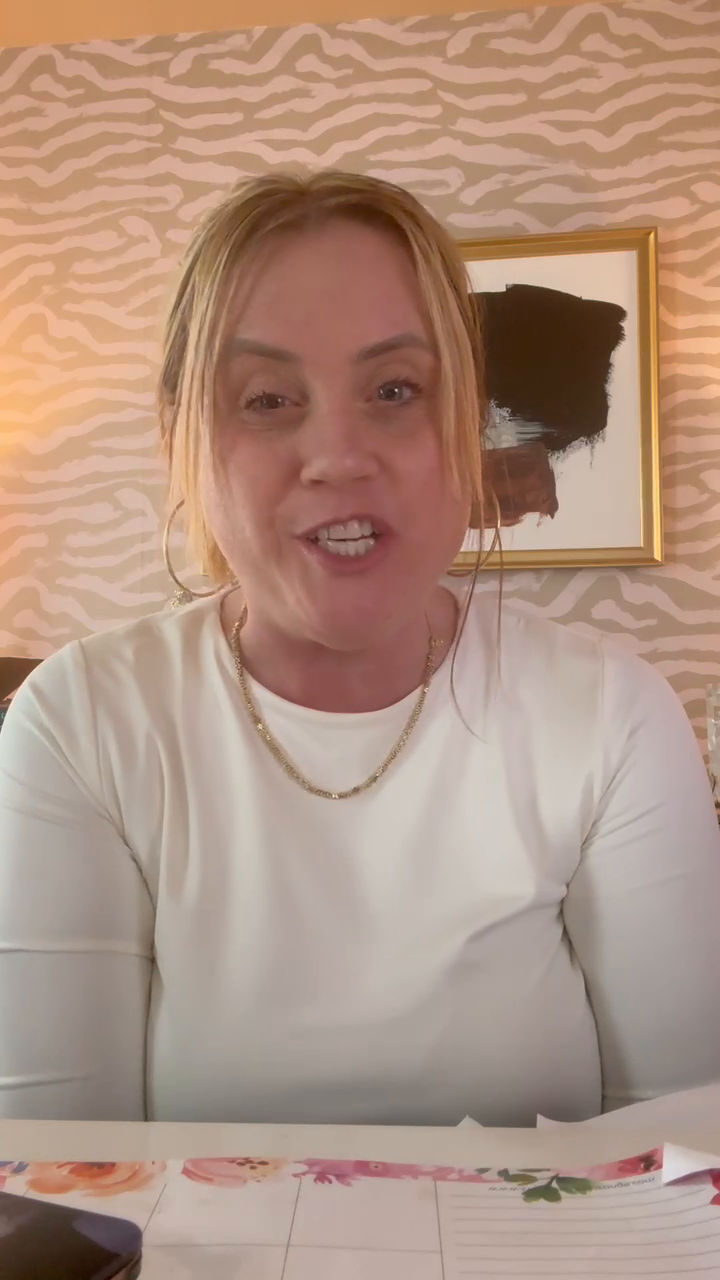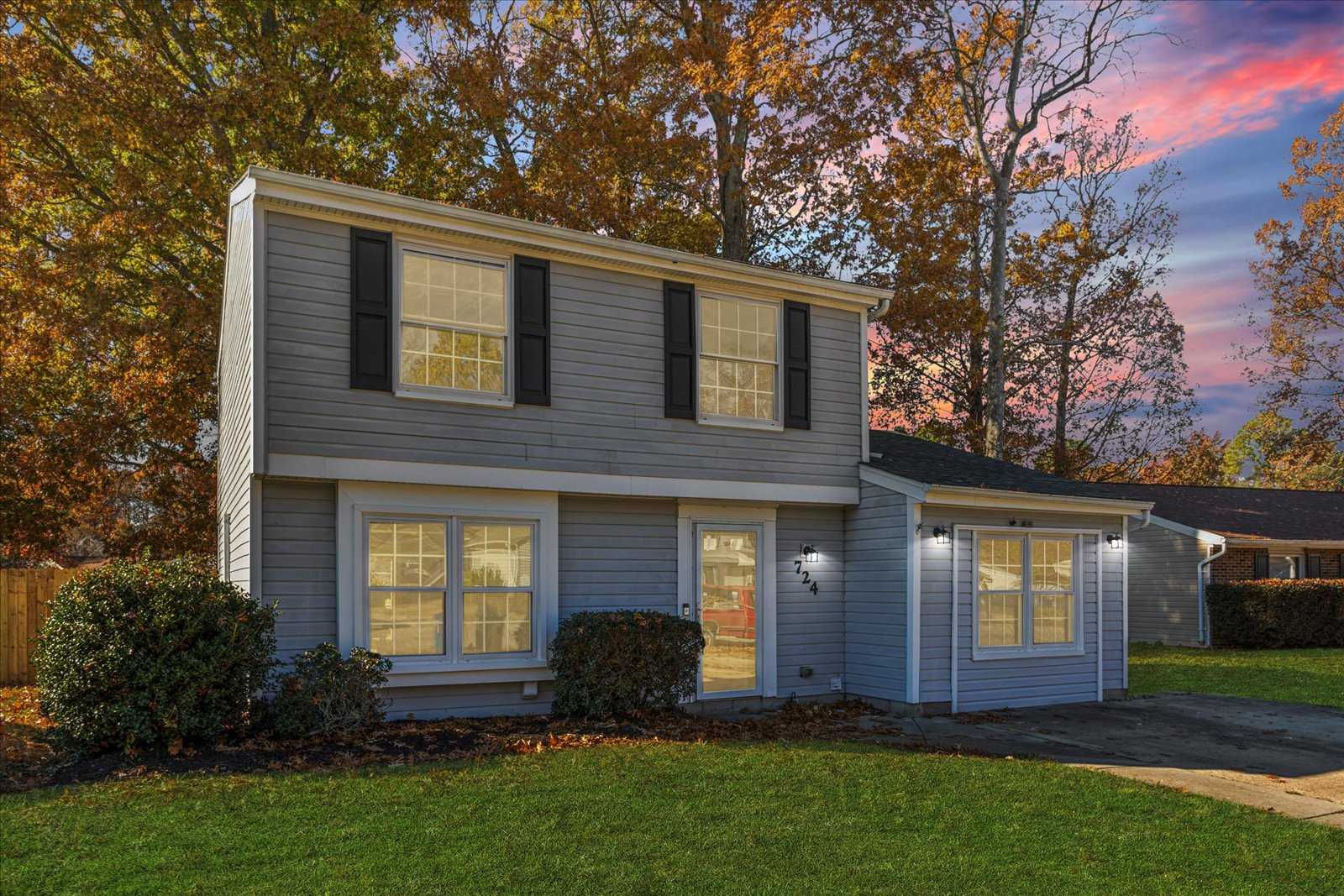Selling a home can be both exciting and stressful, but with the right approach, you can maximize the sale price and ensure a smooth transaction. Here are some key pieces of advice to help you successfully sell your home:
1. **Prepare Your Home for Sale**
- **Declutter and Clean:** First impressions matter. Clean your home thoroughly, declutter rooms, and remove personal items (family photos, souvenirs) to allow buyers to envision themselves living there.
- **Repairs and Updates:** Fix any noticeable issues like leaky faucets, broken tiles, or cracked windows. You don’t need to do major renovations, but small updates (fresh paint, new fixtures) can boost appeal and value.
- **Stage the Home:** Consider staging key rooms (living room, kitchen, bedrooms) to highlight the home’s best features. If hiring a professional stager is outside your budget, focus on arranging furniture to make rooms look spacious and inviting.
- **Curb Appeal:** The exterior of your home is the first thing buyers see. Maintain the lawn, trim bushes, and clean gutters. A fresh coat of paint on the front door or a well-kept garden can make a huge difference.
2. **Set a Realistic Price**
- **Research Comparable Sales:** Look at recently sold homes in your area that are similar in size, condition, and location. This will give you a sense of what your home is worth.
- **Get a Professional Appraisal:** If you're unsure, consider hiring a professional appraiser to determine your home's market value.
- **Avoid Overpricing:** While it's tempting to list your home at a higher price, overpricing can lead to your property sitting on the market longer, which may make buyers wary and lead to price reductions later. Pricing your home competitively is key to attracting serious buyers.
3. **Work with an Experienced Real Estate Agent**
- **Choose the Right Agent:** Find an agent with local expertise and a strong track record of selling homes in your area. A good agent will help with pricing, marketing, negotiations, and navigating legal requirements.
- **Understand Commission Fees:** Real estate agents usually charge a commission (typically 5-6% of the sale price), which is usually split between the buyer’s and seller’s agents. Clarify the fee structure up front.
- **Market Strategically:** Your agent should create a strong marketing plan that includes professional photos, online listings, social media, and potentially an open house to attract buyers.
4. **Enhance Your Home’s Appeal to Buyers**
- **Highlight Key Features:** Whether it’s a spacious kitchen, a finished basement, or a large backyard, emphasize your home’s unique features. Create listings with high-quality photos and descriptions that highlight what makes your property special.
- **Neutralize the Space:** While your personal style might be bold, neutral colors and decor appeal to a broader range of buyers. A neutral palette allows potential buyers to imagine their own style in the space.
- **Lighting and Ambiance:** Brighten up your home with natural light or by adding some well-placed lamps. Homes that feel light and airy tend to be more attractive.
5. **Be Flexible and Ready to Show the Home**
- **Showings and Open Houses:** Try to be flexible with showing times to accommodate potential buyers' schedules. The more available you are for showings, the more likely you are to get an offer.
- **Leave During Showings:** Buyers often feel uncomfortable if the seller is present. It's usually best to leave during showings, allowing buyers to explore the home freely.
- **Virtual Tours:** Offering a virtual tour or a video walkthrough can attract buyers, especially in today’s market where many start their home search online.
6. **Understand Offers and Counteroffers**
- **Review Offers Carefully:** Once you start receiving offers, review each one carefully. Don’t just focus on the price; consider the buyer’s financial qualifications, contingencies (inspection, financing), and timing.
- **Negotiate Smartly:** Don’t be afraid to negotiate, but also be realistic. If buyers are asking for repairs or concessions, weigh the cost of making those changes against the potential for a quick sale at a good price.
- **Contingencies:** Pay attention to contingencies in the offer (such as a financing contingency or inspection contingency). These may affect the finality of the deal, so assess each one.
7. **Prepare for Negotiations and Flexibility**
- **Be Prepared for Haggling:** Most buyers will try to negotiate the price or ask for repairs. Be ready to negotiate or offer alternatives, such as covering some closing costs or making certain repairs. Stay calm and patient during this process.
- **Multiple Offers:** In a competitive market, you might receive multiple offers. If this happens, you can compare the terms, including price, contingencies, and the buyer’s ability to close quickly. In some cases, you may even want to initiate a bidding war.
- **Know Your Bottom Line:** Before negotiations, determine your lowest acceptable offer. This will help you stay focused and avoid agreeing to terms that don’t meet your financial needs.
8. **Disclose Everything**
- **Be Honest and Transparent:** In most states, you’re required to disclose any known defects or issues with the property (e.g., foundation problems, water damage, pest issues). Being upfront about these details can help prevent future legal disputes and build trust with buyers.
- **Provide Documentation:** If you’ve recently made improvements (e.g., a new roof, remodeled kitchen), provide documentation to show the quality and value added to the home.
9. **Get Your Paperwork in Order**
- **Title and Ownership:** Make sure your title is clear. If there are any liens or ownership issues, get them resolved before listing your home to avoid delays.
- **Tax Information and HOA Docs:** Have your property tax history, HOA documents (if applicable), utility bills, and maintenance records ready. Buyers appreciate having easy access to this information.
10. **Be Ready for Closing**
- **Closing Costs:** Know what your closing costs will be. As a seller, you’ll typically pay agent commissions, closing fees, and any agreed-upon repairs or concessions. These can add up to 3-5% of the sale price, so plan accordingly.
- **Final Walk-Through:** The buyer may schedule a final walk-through before closing to confirm the home’s condition. Ensure that everything agreed upon in the contract is completed by this time.
11. **Stay Emotionally Detached**
- **Don’t Get Too Attached:** Selling a home, especially one where you’ve lived for a long time, can be emotional. However, remember that this is a business transaction. Try to stay detached and focus on the practical aspects of the sale.
- **Flexibility is Key:** Stay open to offers and feedback. If your home isn’t selling as quickly as expected, be ready to reassess the price or consider other strategies.
12. **Timing Matters**
- **Consider Market Conditions:** The housing market can fluctuate, and timing can make a big difference. Spring and summer tend to be the most active seasons, with buyers more motivated to purchase. However, in some markets, the fall or winter can be a great time to sell if there’s less competition.
- **Be Patient:** The process can take time. Even in a hot market, it may take several weeks or months to close a sale. Don’t panic if you don’t get an offer immediately—stay focused on your plan.
By following these steps, you’ll be in a strong position to sell your home quickly and at a good price. It’s a process that requires preparation, flexibility, and a little patience, but with the right approach, you can achieve a successful sale!

 View All Listings
View All Listings

